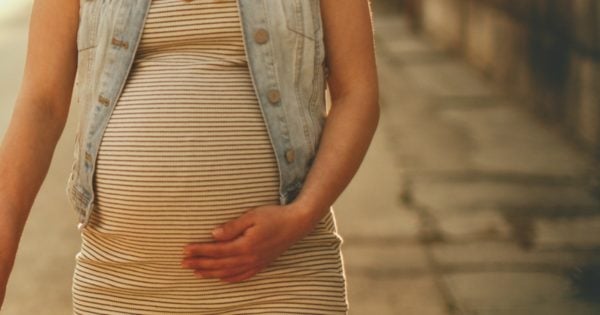Females are born with their lifetime supply of eggs, which naturally declines gradually in quantity and quality from the age of 25, becoming almost non-existent by the time of menopause.
Therefore, as a woman’s age increases, her fertility decreases, particularly after the age of 35, due to this diminishing egg reserve.
The dilemma is that the average age for Australian women having children continues to increase and is currently 30.1, compared with about 25 in the early 1970s. This delay in having children appears to be primarily due to women choosing to pursue careers, travel and other matters first.

The consequence, however, is that with this increase in maternal age, more women than in previous generations are experiencing fertility issues, often due to their declining ovarian (egg) reserve.



Top Comments
The problem with these percentages is they lump all women in together. Fertility is different for every woman. I have known just as many women who have struggled to get pregnant/had miscarriages in their 20s as in their 30s. I had my kids in my mid to late 30s and always got pregnant first cycle. Yes some women struggle to get pregnant in their 30s, but they probably would have struggled if they tried to get pregnant in their 20s. The problem with waiting until you are in your late 30s is that if you do have an underlying issue affecting your fertility you have less time to work on it.